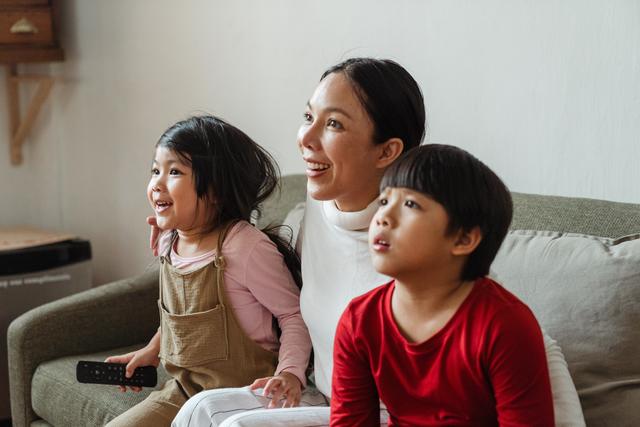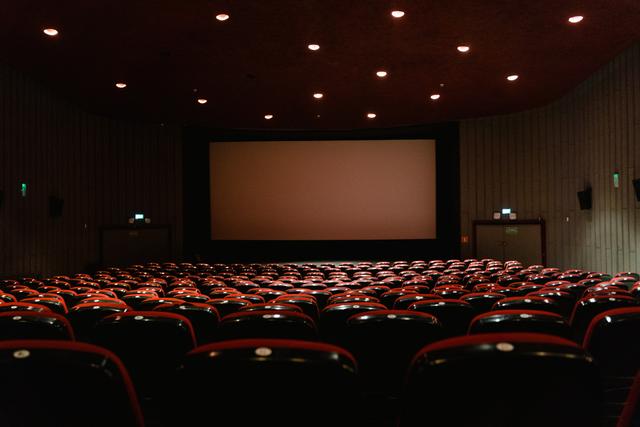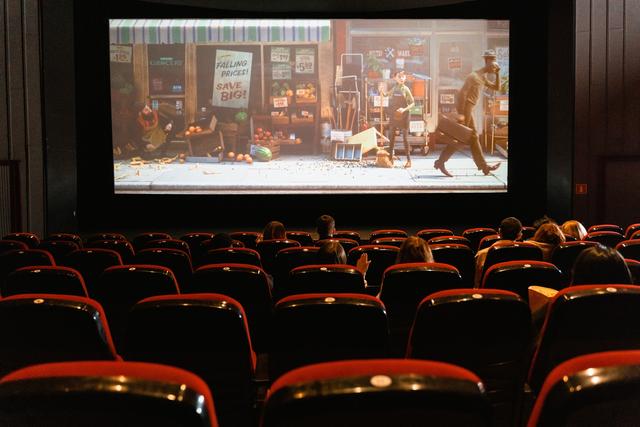Cinema For Kids In The UK
Cinema for kids in the UK offers a rich tapestry of historical development that spans over a century, showcasing how integral these experiences are to British cultural heritage and child entertainment. Since the first children's matinee in 1914, cinemas have evolved from showcasing simple cartoons and short films tailored for the young audience to becoming a cornerstone of the UK’s cultural offerings for children. The evolution continued through the decades with key milestones, like the introduction of Disney's Snow White and the Seven Dwarfs in the 1930s, which marked the beginning of full-length animated features for children. Over time, the landscape of children's cinema has expanded to include Saturday morning cartoons, feature films targeted at younger audiences, and dedicated cinema initiatives like Odeon's Magic Screens and Vue's Mini Mornings that specifically cater to children. This journey through cinema not only reflects technological advances and changes in public tastes but also underscores the lasting importance of cinema as a form of accessible entertainment for children across the UK.
The Benefits of Cinema
Participating in cinema offers various health benefits for children, making it a worthy activity to consider. Firstly, cinema facilitates socialization among kids. It provides them with an environment where they can meet and share experiences with peers, which is integral for developing social skills. Additionally, the content of films can play a critical role in nurturing a child's imagination and creativity. By exposing them to different scenarios, characters, and stories, films can stimulate creative thinking and imagination.
Moreover, educational films and documentaries are instrumental in enhancing learning. They present information in an engaging and memorable way, which can be particularly effective for young audiences. Emotional development is another significant benefit of cinema. Films often portray various emotions and situations, giving children the opportunity to see and understand different emotional responses and thus, learn to express their own emotions more effectively.
Lastly, cinema serves as a therapeutic escape, offering relaxation and enjoyment. It allows children to unwind and enjoy the art of storytelling in a communal setting, which can have a positive impact on their overall mental health and well-being. Therefore, the cinematic experience is not only enjoyable but also contributes significantly to the health and development of children.
FAQs
Q1: What is the best age for children to begin experiencing cinema? A1: Generally, children aged two and above can start enjoying cinema, particularly through short films and cartoons that are specifically designed for young audiences. For babies under two, it is often recommended to avoid cinemas due to the loud sounds and dark environment which can be overwhelming.
Q2: How do cinemas in the UK cater to family and children's needs? A2: Many cinemas across the UK provide family-friendly amenities including booster seats, special screenings with lowered sound and increased lighting for young children, and dedicated family viewing times such as 'Mini Mornings' at Vue cinemas, ensuring a comfortable environment for children and parents alike.
Q3: What are the health benefits of taking children to the cinema? A3: Watching films in the cinema can aid in the social, emotional, and educational development of children. It encourages social interactions, enhances their understanding of emotions, sparks imagination, stimulates learning through educational content, and provides relaxation and entertainment.
Q4: Are there special programmes or discounts available for children at UK cinemas? A4: Yes, most cinemas in the UK offer reduced ticket prices for children, and some feature loyalty programmes and family deals that make regular cinema visits more accessible. For example, Odeon cinemas have family and child ticket discounts, making it an affordable outing for families.
Q5: What should parents consider before choosing a film for their child? A5: Parents should consider the film’s content, themes, and the British Board of Film Classification (BBFC) ratings such as U, PG, and 12A to decide if it's appropriate for their child’s age. Moreover, understanding the child's interests and sensitivities to certain content can also guide better choices for a positive cinema experience.



